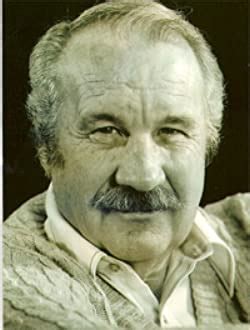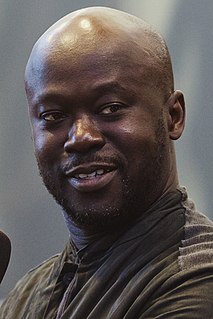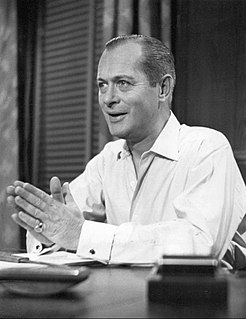A Quote by John Ruskin
There is a certain period of the soul-culture when it begins to interfere with some of characters of typical beauty belonging to the bodily frame, the stirring of the intellect wearing down the flesh, and the moral enthusiasm burning its way out to heaven, through the emaciation of the earthen vessel; and there is, in this indication of subduing the mortal by the immortal part, an ideal glory of perhaps a purer and higher range than that of the more perfect material form. We conceive, I think, more nobly of the weak presence of Paul than of, the fair and ruddy countenance of David.
Quote Topics
Beauty
Begins
Belonging
Burning
Certain
Characters
Conceive
Countenance
Culture
David
Down
Enthusiasm
Fair
Flesh
Form
Frame
Glory
Heaven
Higher
Ideal
Immortal
Indication
Intellect
Interfere
Material
Moral
More
Mortal
Out
Part
Paul
Perfect
Perhaps
Period
Presence
Range
Some
Soul
Stirring
Than
Think
Through
Typical
Vessel
Way
Weak
Wearing
Related Quotes
The relation of the soul to the body is like that of a house to its bricks. The soul is a principle of organisation, which governs the flesh and endows it with meaning. It is no more separable from the flesh than is the house from its bricks, even if the soul may survive the gradual replacement of every bodily part.
What greater weakness can there be than not to know what is the source of one's being, of one's life, of one's senses, of one's knowledge, and what is to be their end? What can be more deeply disheartening than to wonder whether one's soul is, perhaps, a material thing, like a stone or a reptile, corruptible like these base creatures? Is there not more strength and greatness of mind in admitting the idea of a being superior to all other beings, who has made them all and to whom all owe their existence; of a being supremely perfect, who is pure, who had no beginning and can have no ending, of whom our soul is the image and, so to speak, a portion, being a spiritual and immortal thing?
The Christian is more than an empty vessel. He has...Someone within. We have a treasure in the earthen vessel, and not only a treasure - a transcendent power! That is humanity as God intended it to be. The vessel is not much in itself, but it holds an inestimable treasure, beyond price, and a transcendent power, greater than any other power known to men.
The Saints in Heaven through the Holy Spirit behold the glory of God and the beauty of the Lord's Countenance. But in this same Holy Spirit they see our lives too, and our deeds. They know our sorrows and hear our burning prayers. When they were living on earth they learned of the love of God from the Holy Spirit; and he who knows love on earth takes it with him into eternal life in the kingdom of Heaven, where love grows and becomes perfect. And if love makes one unable to forget a brother here, how much more must the Saints remember and pray for us!
The wisdom of the chess player is displayed more in winning over a capable opponent than a novice. The wisdom of the general is displayed more in defeating a superior army than in subduing an inferior one. Even more so, the wisdom of God is displayed when He brings good to us and glory to Himself out of confusion and calamity rather than out of pleasant times.
In some conditions, the architecture of textile is more relevant than in other conditions or the opacity of the material form. Pattern in the world of scarce materiality and a hybridity becomes a way of creating a new authenticity. Sometimes there is a certain kind of nobility of a group of materials literally of the earth, which had a certain nobility of presence, but is very different from the materials we have now.
Doubtless, we are as slow to conceive of Paradise as of Heaven, of a perfect natural as of a perfect spiritual world. We see how past ages have loitered and erred. "Is perhaps our generation free from irrationality and error? Have we perhaps reached now the summit of human wisdom, and need no more to look out for mental or physical improvement?" Undoubtedly, we are never so visionary as to be prepared for what the next hour may bring forth.
The deeds of love are less questionable than any action of an individual can be, for, it being founded on the rarest mutual respect, the parties incessantly stimulate each other to a loftier and purer life, and the act in which they are associated must be pure and noble indeed, for innocence and purity can have no equal. In this relation we deal with one whom we respect more religiously even than we respect our better selves, and we shall necessarily conduct as in the presence of God. What presence can be more awful to the lover than the presence of his beloved?
What you want will pull like a magnet. Here's the other part. What for? Purpose is stronger than object. It's the 'What for?' that's even more powerful than the object. And the more you can describe in detail to stir the emotion and the intellect and the spirit and the soul, then the more powerful the 'what for' is.





































